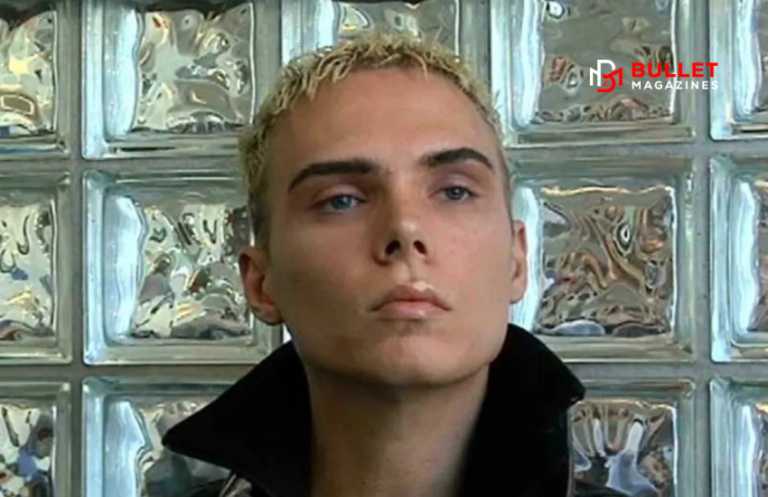In the annals of true crime, few cases have resonated as profoundly with the intersection of internet culture and criminal behavior as that of Luka Magnotta. This narrative seeks to unfold the complex web of Magnotta’s life and actions, navigating through his early years, the chilling crimes, the exhaustive legal proceedings, and the aftermath. Our focus remains on presenting a factual, thoughtful analysis that contributes to understanding rather than sensationalizing the tragedy.
Early Life and Background
Born Eric Clinton Kirk Newman in 1982 in Scarborough, Ontario, Magnotta’s life before his infamous acts painted a picture of complexity and struggle. Reports and accounts from family and acquaintances reveal a childhood marked by turbulence and early signs of problematic behavior. This section delves into his transformation from a seemingly troubled youth into an individual who would become the center of a global criminal investigation, exploring the socio-psychological factors that might have influenced his path.
The Crimes Of Luka Magnotta
Luka Magnotta crimes, culminating in the murder of Jun Lin in 2012, were not only brutal but also marked by a disturbing use of the internet to disseminate videos of his acts. This part of the narrative examines the timeline and nature of his crimes, acknowledging the human tragedy at their core and the shockwaves they sent across communities worldwide. It’s crucial to approach this section with sensitivity, focusing on the facts and the law enforcement response.
The Legal Process
The legal odyssey following Magnotta’s arrest in Berlin, after an international manhunt. Highlights the complexities of extradition, the intricacies of criminal law. And the challenges of prosecuting cases with such a high profile and public interest. This section outlines the key phases of the trial, the defense’s arguments, and the prosecution’s efforts to secure a conviction, culminating in Magnotta’s life sentence for first-degree murder among other charges.
Life After Conviction
Serving a life sentence with no possibility of parole for 25 years, Magnotta’s life post-conviction raises questions about rehabilitation, justice, and the treatment of inmates with notorious backgrounds. Reports of his marriage while in prison add layers to the discussion on the rights and lives of incarcerated individuals. This segment explores these themes, considering the broader implications for the penal system and society’s engagement with convicted criminals.
Public and Media Impact
The Magnotta case is a stark example of the dark side of internet fame and the role of media in shaping public perception of crime. From the initial dissemination of his videos to the global manhunt fueled by online sleuths. This story is as much about the power of digital platforms as it is about the crimes themselves. Here. We reflect on the ethical considerations for media reporting on crime. The responsibilities of internet platforms, and the impact on the victims’ families and communities.
FAQs
Q: What led to Luka Magnotta arrest? A: Magnotta was arrested in Berlin, Germany, after an international manhunt. His capture was significantly aided by digital evidence and international cooperation among law enforcement agencies.
Q: How did the media contribute to the case? A: The media played a dual role of both sensationalizing the case and aiding in Magnotta’s capture by keeping it in the public eye. Ethical considerations about the balance of reporting and respecting the victims’ dignity emerged as significant discussions.
Q: What has been the lasting impact of this case? A: Beyond the immediate legal consequences for Magnotta. The case has sparked ongoing debates about internet regulation, the role of media in criminal cases. And the psychological and societal factors that contribute to such acts.
Conclusion
The Luka Magnotta case, with its intersections of crime, media, and technology. Offers grim insights into the modern landscape of criminality and public spectacle. While the legal proceedings have concluded. The discussions it has ignited about justice, media ethics. And the internet’s dark underbelly continue to resonate. As we reflect on this case, the paramount importance of remembering and honoring the victims and. Learning from the tragedy to prevent future crimes remains clear.


